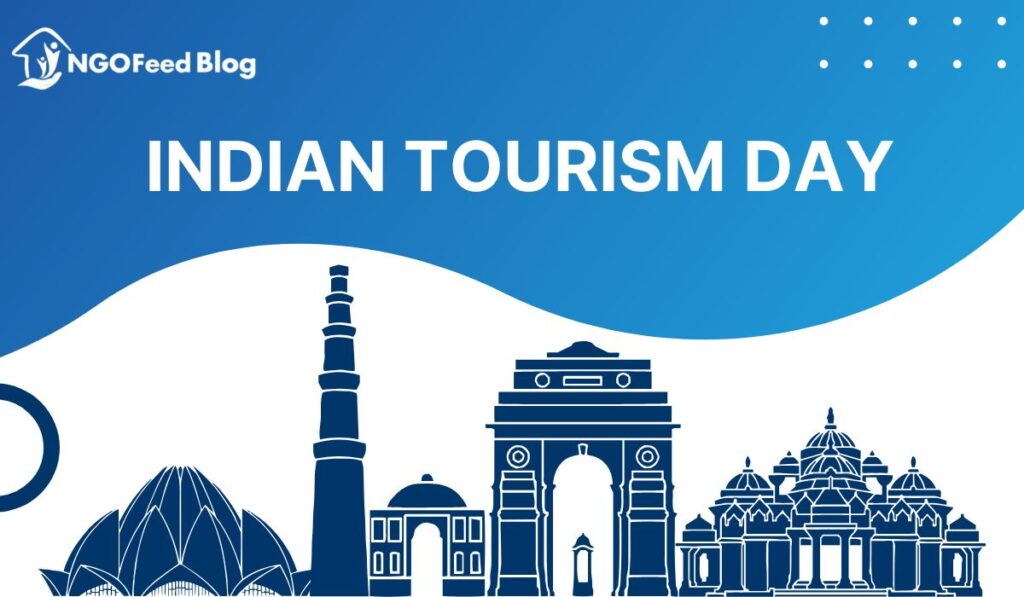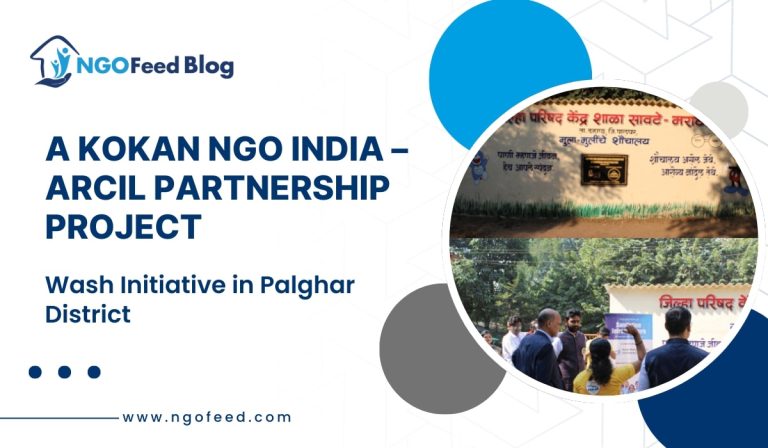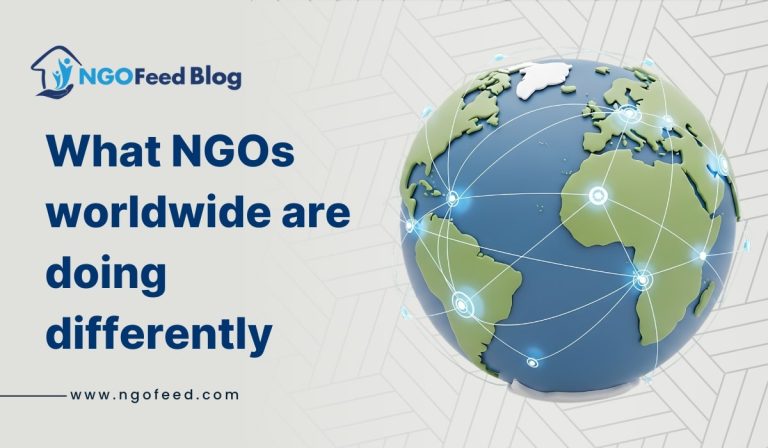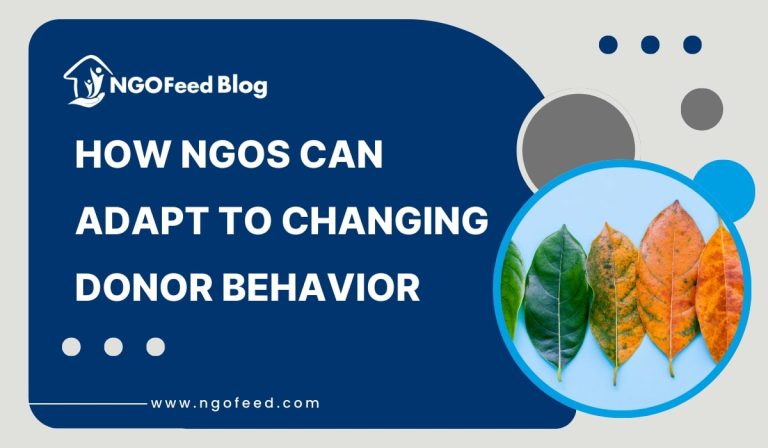Indian Tourism Day 2025: Tourism is one of the world’s fastest-growing industries and a major foreign exchange and employment generation for many countries. It is one of the most remarkable economic and social phenomena.
The word ‘tour’ is derived from the Latin word tornus, meaning ‘a tool for making a circle.’ Tourism may be defined as the movement of people from their usual place of residence to another place ( with the intention to return) for a minimum period of twenty-four hours to a maximum of six months for the sole purpose of leisure and pleasure.
According to WTO (1993), Tourism encompasses the activities of persons traveling and staying in places outside their usual environment for not more than one consecutive year for leisure, business, and other purposes.
The Rome conference on tourism in 1963 defined tourism as ‘ a visit to a country other than one’s own or where one usually resides and works. This definition, however, did not take into account domestic tourism, which has become a vital money-spinner and job generator for the hospitality industry.
The UNWTO defines tourists as ‘ people who travel to and stay in place outside their usual environment for not more than one consecutive year for leisure, business and other purposes not related to the exercise of an activity remunerated from within the place visited.
Table of Contents
What is Indian Tourism?
India has made a unique place on the world tourism map because of its rich natural and cultural diversity. In India, tourism is the third-largest industry in which about ten million people are employed directly or indirectly. Its visitor-friendly traditions, varied lifestyles, cultural heritage, colourful fairs and festivals are attractions for tourists. From ancient times, the rulers in different parts of India built luxurious palaces, wonderful temples, evergreen gardens, high forts and tombs.
India celebrates the day on January 25, it is a day of reflection and celebration. It recognises the multi-faceted impact of tourism on individuals, societies, and economies, encouraging people to embrace the transformative power of travel for personal growth, cultural understanding, and economic development.
What is the Status of the Tourism Sector in India?
Contribution to Economy:
- India ranks 6th according to the World Travel and Tourism Council in terms of Travel & Tourism total contribution to GDP in 2021.
- Travel & Tourism contributed 5.8% to GDP and the sector created 32.1 million jobs, which is equivalent to 6.9% of total jobs in 2021.
- Also, India is currently ranked 54th in World Economic Forum’s Travel & Tourism Development Index (2021).
Also Read: Role of NGOs in Tourism
According to Global Data, international arrivals to the country are forecast to reach 7.2 million in 2022 and 8.6 million in 2023.
Challenges in Indian Tourism
1. Global Uncertainties:
- Challenge: Events such as natural disasters, health crises (e.g., pandemics), political instability, and security concerns can disrupt travel plans and impact the tourism industry.
- Opportunity: Implementing robust crisis management plans, investing in health and safety measures, and diversifying source markets can enhance resilience.
2. Over-tourism:
- Challenge: Popular destinations may experience over-tourism, leading to environmental degradation, strain on local infrastructure, and a negative impact on the quality of life for residents.
- Opportunity: Implementing sustainable tourism practices, promoting off-the-beaten-path destinations, and managing visitor flows can address over-tourism issues.
3. Environmental Sustainability:
- Challenge: Tourism activities contribute to environmental issues such as carbon emissions, habitat destruction, and waste generation.
- Opportunity: Embracing eco-friendly initiatives, promoting responsible tourism practices, and investing in sustainable infrastructure can attract environmentally conscious travelers.
Also Read: Role of NGOs in Environmental Protection
History of National Tourism Day
National Tourism Day began when the Indian government decided to designate January 25th as a unique day to honour tourism. The objective was to demonstrate to everyone how important tourism is to our country’s prosperity and to get people enthusiastic about the Indian Tourism Day activities taking place around the country. The Ministry of Tourism acts as the superhero behind the scenes, ensuring that everything goes properly. They develop the regulations and strategies to help tourism thrive and spread.
National Tourism Day 2025 Theme
The theme for National Tourism Day 2025 is “Tourism for Inclusive Growth,” highlighting the importance of tourism in inducing economic growth while also ensuring that the benefits reach all sections of society in India.
The focus is on empowering local communities through job creation and promoting sustainable practices and promoting sustainable tourism, diverse Indian cultural heritage and digital transformation.
Significance of National Tourism Day in India:
- Economic Booster: Tourism makes up 8.1% of jobs and approximately 9.2% of the country’s GDP, and it plays a significant role in the Indian economy.
- Appreciation of Culture and History: National Tourism Day encourages both local and foreign travellers to discover and enjoy this legacy by acting as a reminder to do so.
- Sustainable Travel Advocacy: National Tourism Day encourages sustainable tourism by encouraging visitors to respect local people, safeguard the environment, and reduce their ecological imprint.
- Domestic Travel Promotion: It encourages Indians to discover undiscovered beauties inside their own boundaries, boosting national pride and local businesses.
- Connecting People: It honours the power of connection, bringing individuals from all origins together through shared experiences of exploration and discovery.
How can we take part in National Tourism Day?
- You can plan a journey to a new location in India. It may be a little weekend trip or a huge expedition to a remote part of the nation.
- Support your local businesses and craftspeople. Choose homestays over luxurious hotels, eat street cuisine over posh restaurants, and purchase gifts directly from local artisans.
- Raise awareness about ethical tourist practices. Encourage others to travel mindfully and with respect for the environment and local cultures.
- Share your trip experiences on social media. Use the hashtag #NationalTourismDay to encourage people to discover India’s attractions.
Also Read: Role of NGOs in Conservation and Biodiversity Protection
Ministry Of Tourism Roles
Role and Responsibilities
- Developing tourism policies and incentives and providing feedback from the field offices.
- Planning & coordinating with other ministries, departments, and state/UT governments.
- Creating guidelines for infrastructure and product development.
- Publicity & marketing of policies and strategies.
- Optimizing human resource institutions.
- Providing external assistance and international cooperation, handling of international bodies, bilateral agreements, and foreign technical collaboration.
- Implementing the official language policy.
- Creating hospitality programs, tourist facilitation and information conventions, and conferences.
- Finalizing approvals and classification of hotels and restaurants, in addition to approval of travel agents, inbound tour and tourist transport operators, among others.
- Undertaking inspection & quality control measures.
Future Outlook
India’s tourism sector is rapidly growing, as evidenced by its contribution to the GDP, which was $178 billion in 2019 and is projected to reach $512 billion by 2028.
India’s travel market is estimated to grow from $75 billion in FY20 to $125 billion by FY27. Moreover, the Indian airline travel market is expected to double by FY27, owing to improvements in airport infrastructure and access to passports.
Furthermore, the hospitality industry in Indian tourism is projected to generate revenue exceeding $59 billion by 2028. Additionally, the number of foreign tourists is expected to reach 30.5 million by 2028. Thus, this rapidly growing sector will not only make a significant contribution to the economy but also enhance employment and strengthen India’s identity in the global tourism arena.









